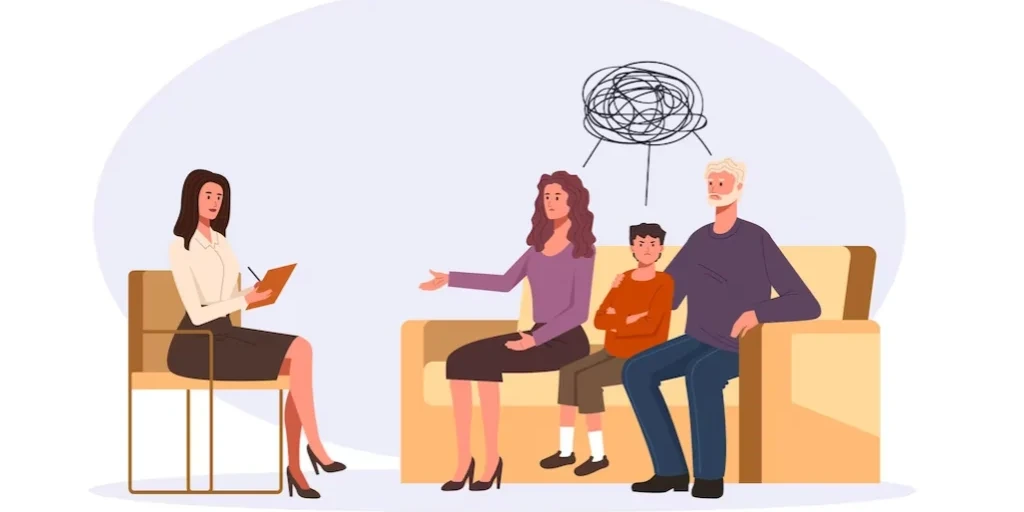24/7 Helpline:
(866) 899-221924/7 Helpline:
(866) 899-2219
Learn more about PTSD Treatment centers in Conchas Dam
PTSD Treatment in Other Cities

Other Insurance Options

PHCS Network

Choice Care Network

BlueShield

Highmark

Excellus

Kaiser Permanente

UnitedHealth Group

Lucent

Private insurance

Premera

United Health Care

Molina Healthcare

Health Partners

Ambetter

Coventry Health Care

Ceridian

Health Choice

UMR

Evernorth

Holman Group











